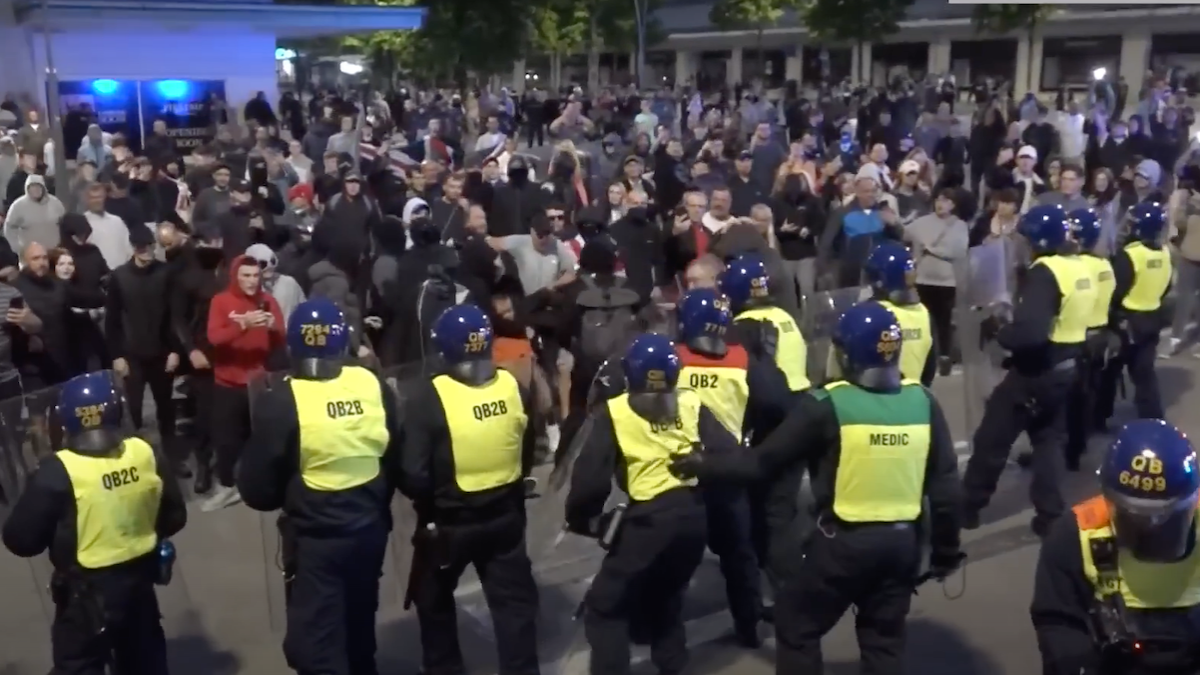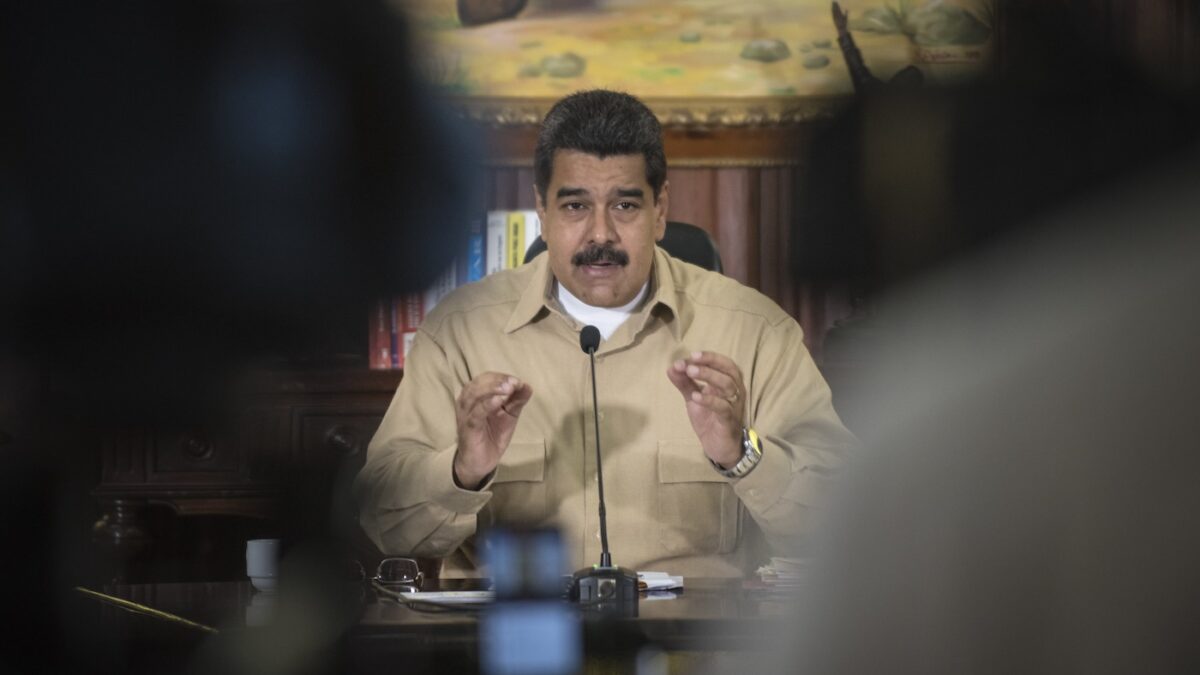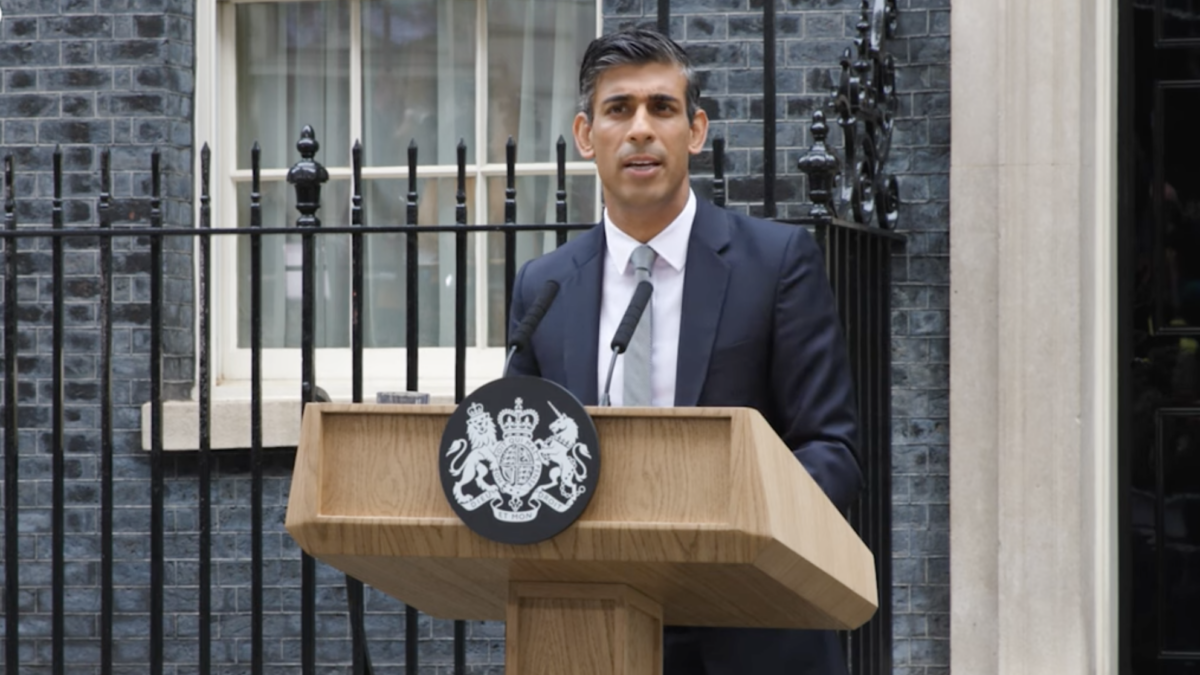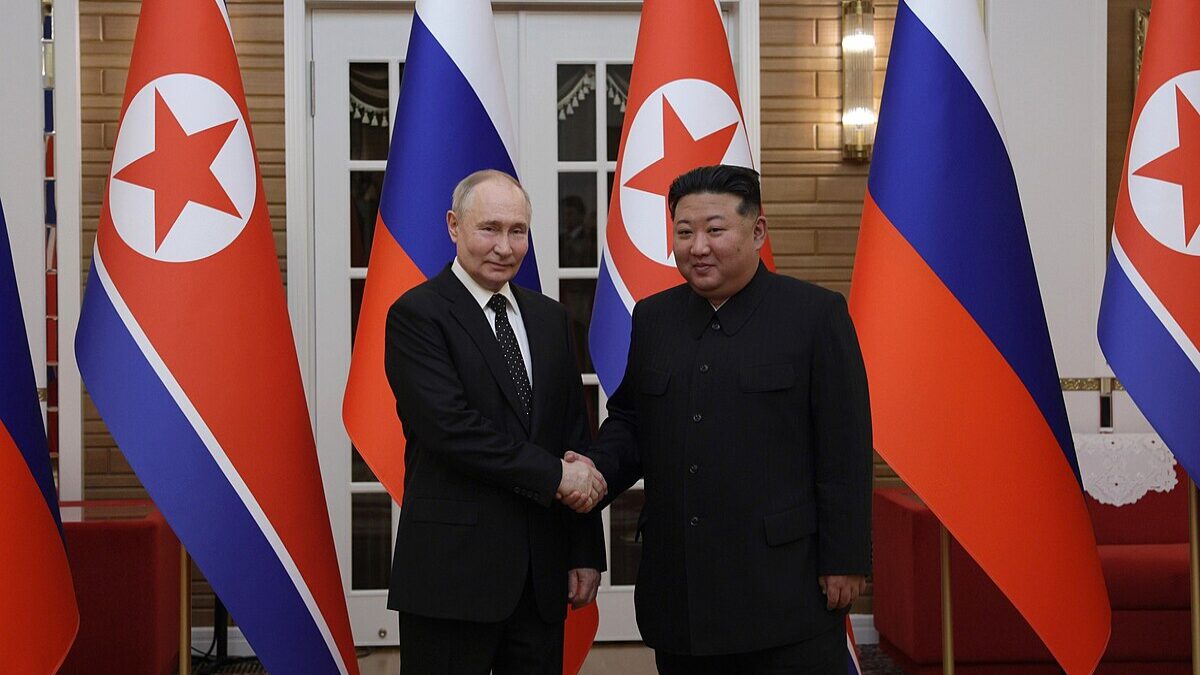
In surveying the number of elections that took place around the globe this year, it’s worth noting that despots have been successfully using rigged elections to hold on to power.
On July 30, Zimbabwe held its first general election since long-time dictator Robert Mugabe was ousted from power last year. Mugabe ruined his country, but he won every “election” during his 37-year rule. Although Mugabe is gone, the ruling Zanu-PF party Mugabe once led and its nominee, Mugabe’s long-time deputy Emmerson Mnangagwa, easily won the election.
International observers report that Mnanagagwa deployed political intimidation and coercion tactics perfected during the Mugabe era to ensure his win. So when the election was over, Zimbabweans merely traded one despot for another.
In Cambodia, Hun Sen, who has been prime minister since 1985, claimed he won a decisive victory in the latest election on July 30. He will be Cambodia’s Lord Prince and Supreme Defender for another five years, and his Cambodian People’s Party won more than 80 percent of parliament’s seats. That’s an impressive win — until you realize that late last year, Sen shut down an independent newspaper, jailed the opposition leader Kem Sokha with a cooked up charge of “treason,” and coerced the Cambodia Supreme Court to dissolve the opposition party led by Sokha, Cambodia National Rescue Party.
With practically only one candidate and one major party on the ballot, and thugs stationed at voting booths to intimate anyone who dared vote against the PM and his ruling party, Sen ensured his landslide victory. With no shame, Sen declared his election victory shows that “Compatriots have chosen the democratic path and used their rights.”
In May, socialist Nicolás Maduro won a second term as president of Venezuela, although under his leadership, the majority of Venezuelans are starving, facing high crime rates, and lack basic medical care. Venezuelans shouldn’t expect their country to escape the misery of socialism any time soon. After all, Maduro’s predecessor, Hugo Chavez, won every election from 1999 to his death in 2013 and had been the president of Venezuela for 14 years. Maduro is only getting started. The recent assassination attempt will probably serve as a pretext to centralize even more power in Maduro.
In March, Egyptian President Abdel Fattah al-Sisi was re-elected for another four-year term with 97 percent of the vote, after the main opposition leader was arrested and all other presidential hopefuls ceased their campaigns. The voter turnout was so low that the Egyptian government had to keep election booths open for two extra days.
Sisi came into power after overthrowing Egypt’s first freely elected president, Mohamed Morsi of the Muslim Brotherhood, in 2013 through a military coup. Sisi won his first election in 2014 with 97 percent of the vote as well. He must be really good at campaigning.
Russia’s President Vladimir Putin didn’t get as high a percentage of the vote in his recent election as Sisi did, but Putin still won reelection in March for his second consecutive (fourth overall) term in office, with 77 percent of the vote. Putin is now the longest-serving Russian leader since Joseph Stalin.
Why Do Despots Go Through the Motions?
These are just a few rigged elections that took place this year. Why do despots love elections? Why do they bother to go through the formality even though they have no interests in true democracy and often ruthlessly suppress any opposition?
Despots are deeply insecure individuals. They know that their power grabs are unpopular with the majority of their populations. Therefore, they won’t hesitate to deploy any tools that they believe will help them strengthen their rule. In his book, “The Dictator’s Learning Curve: Inside the Global Battle for Democracy,” author Will Dobson wrote that unlike past despots such as Stalin and Chairman Mao, “modern despots understand that it’s in their interest to observe the appearance of democratic norms even while they’re subverting them.”
Having an election and winning it in a landslide offers many benefits to a dictator: keeping people’s discontent at bay by creating an illusion that they have a venue to exercise their rights and think their voices have been heard every couple of years; providing a veneer of legitimacy to retain power because the despot can claim his rule represents the will of the people; and enabling despots to fend off any domestic and international criticism of his rule. Thus today’s despots have no problem window-dressing their undemocratic and repressive regimes with elections.
Of course, despots will only allow any election to take place if they are guaranteed to win. As a former Venezuelan election official explains, “Election day is not a problem,” because, “All the damage — the use of money, goods, excess power, communications — happens beforehand.”
The Playbook Is the Same Everywhere
All despots seem to follow the same playbook to ensure they get the exact “election” results they desire:
Control media. Despots understand the power of propaganda. They rely on controlling media to control the messaging of the regime and in turn, to control people’s minds. That’s why you can hardly find independent media in countries run by despots. “Fake news” may be something relatively new to Americans, but it has long existed in countries run by despots.
Under Putin, Russia’s independent media has been dismantled piece by piece. Chávez closed down scores of independent radio and television stations. As Venezuela fell deeper into the economic woes, Chavez’s successor, Maduro, increased censorship and used attacks and intimidation to suppress any critics. The 2015 World Press Freedom Index ranked Venezuela 137th out of the 180 countries monitored.
Destroy opposition. Regular elections help a dictator to identify his oppositions frequently so they can be crushed before votes are cast. Dobson wrote, “Law, regulation, and procedure can be a dictator’s most effective tools for strangling an opponent, precisely because these weapons appear to be benign, apolitical, and objective.” Of course, sometimes outright murder is still the simplest solution, as Putin will tell you.
Bribe voters. TheVenezuelan government reportedly handed out basic food items, such as a bag of rice, to entice hungry Venezuelans to vote for Maduro. Some voters in Egypt said they were incentivized to vote for now-president Sisi with food and money.
Intimidate voters. During Mugabe’s 37 years of brutal rule in Zimbabwe, his supporters reportedly “heckled, harassed or threatened people into voting” for the only candidate on the ballot — Mugabe. His successor is deploying similar dirty tactics to ensure his win. “Security forces killed at least six opposition protesters, raided opposition headquarters and broke up a press conference at a Harare hotel,” reported The Wall Street Journal.
If these aren’t enough, despots can always miscount ballots or stuff the ballot boxes to get the results they want. Elections based on popular votes can be so easily hijacked that despots have become very good at using such elections to destroy democracy. People and governments in western democracies should not be fooled.
After the 2016 presidential election in the United States some Americans called for replacing our Electoral College system with a popular vote. Given how popular vote-based elections have been manipulated by despots, such a call is unwise. As Thomas Jefferson warned, “An elective despotism was not the government we fought for.”
The Electoral College system isn’t perfect, and there is no shortage of past efforts to sabotage our elections. But compared to a popular vote system, our Electoral College protects the minority from the majority’s tyranny, and makes it more difficult for despots to control the outcome of an election, because candidates have to make their case to voters state-by-state, rather than only going to either the most populous states or the swing states.
That’s probably why no despots even attempt to copy our Electoral College system. We should thank our founders for their wisdom and foresight.









